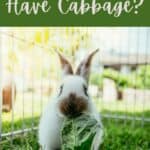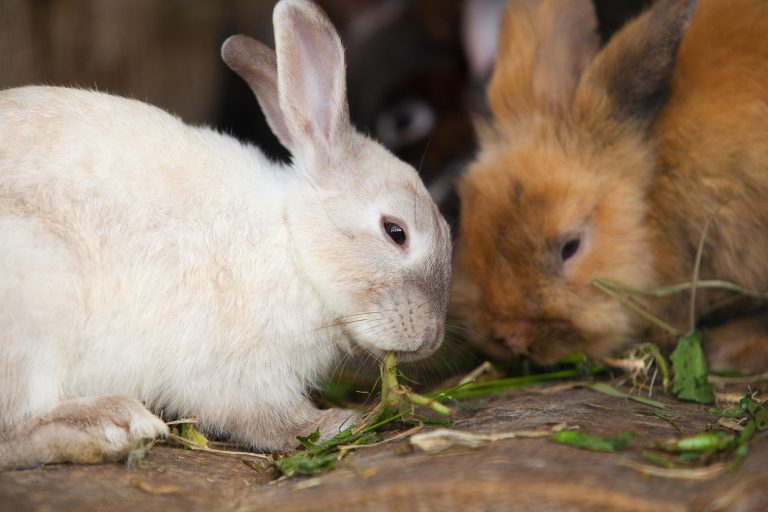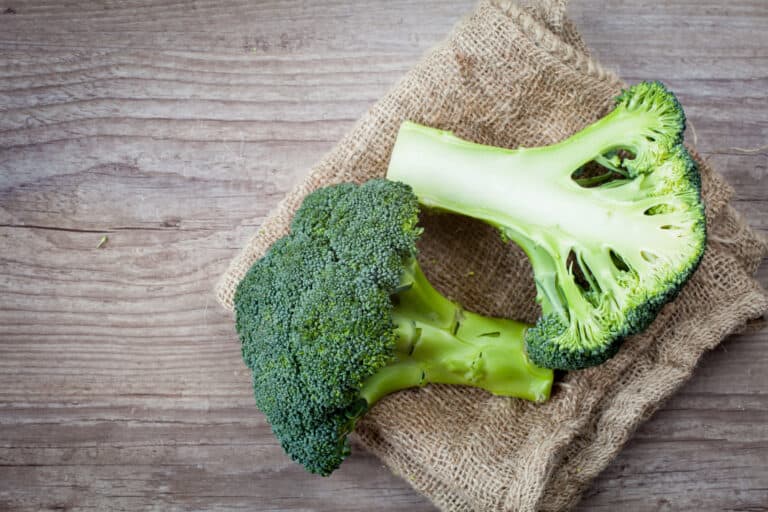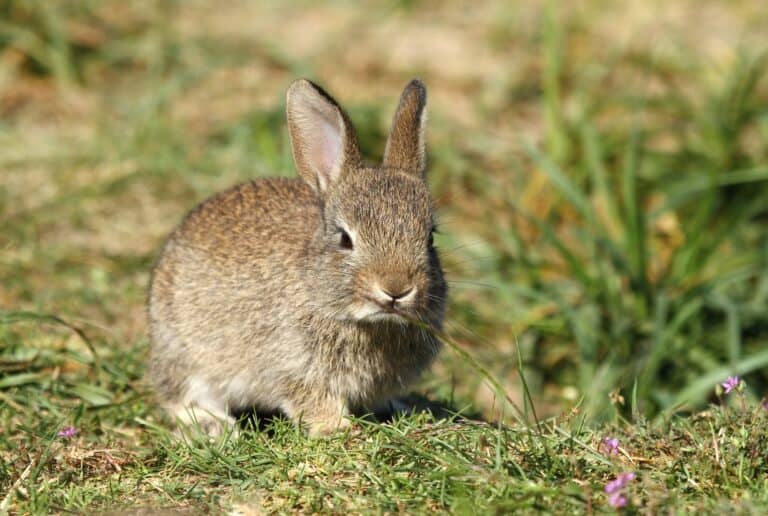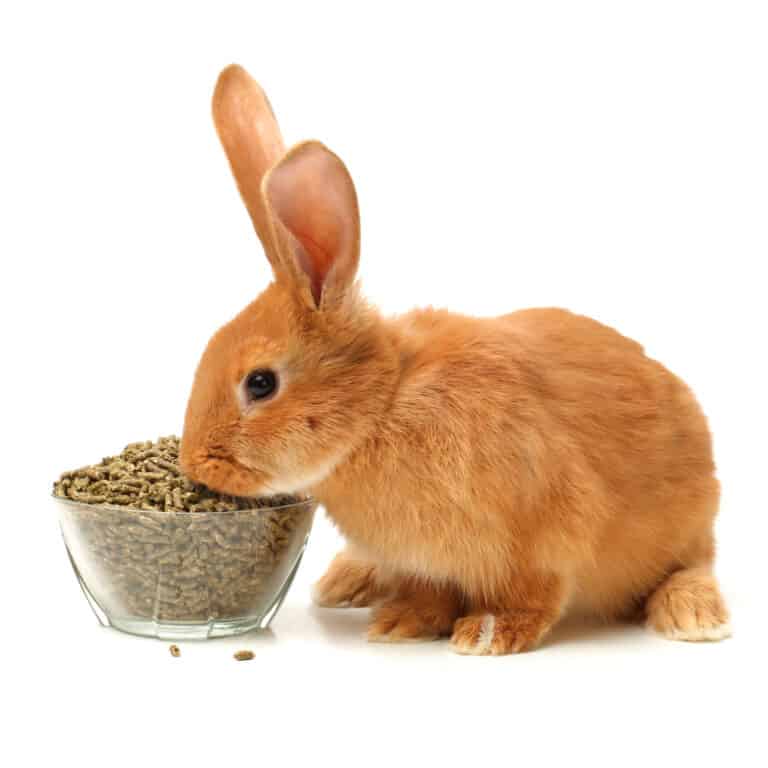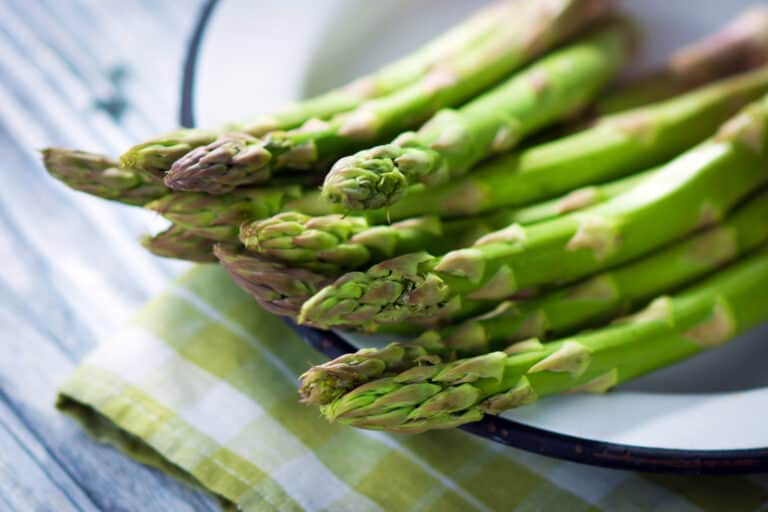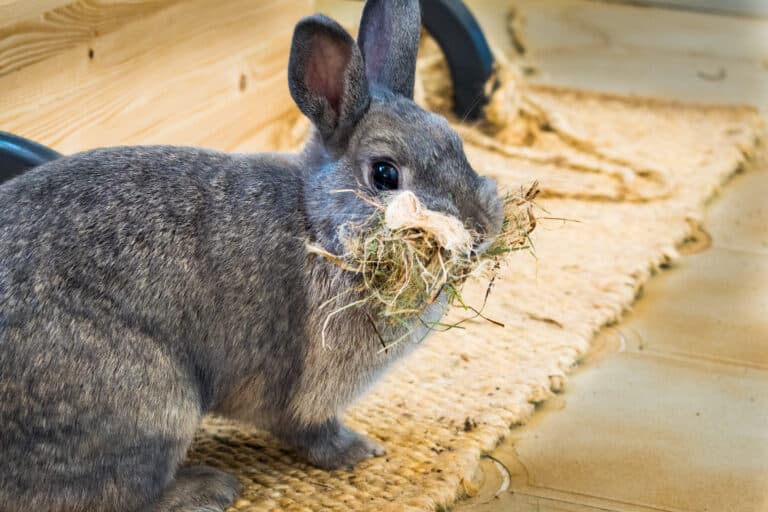Can Rabbits Have Cabbage? What You Need to Know!

Ever noticed how rabbits wiggle their noses in sheer delight while munching on their leafy greens? That just shows how buns love vegetables, which is fantastic because fresh vegetables pack a healthy punch that helps buns thrive.
If you plan on giving your pet rabbit some, it’s always a good idea to check if the type you offer is safe for his kind. Take cabbage, for example. Can rabbits eat cabbage, or should you steer clear of this leafy green?
Let’s explore the nutritional contents of cabbage and find out whether it will be an excellent addition to your rabbit’s diet.
The Nutritional Value of Cabbage
As a nutrient-dense leafy vegetable, cabbage presents a wealth of benefits for rabbits. This makes it a top pick for rabbit owners who want to give their furry friends something that’s yummy and wholesome at the same time.
Here’s what a hundred grams of raw cabbage contains:
- Carbohydrates: 84%
- Protein: 13%
- Fat: 4%
- Fiber: 2.5 grams
- Vitamin E
- Vitamin K
- Vitamin C
- Vitamin B6
- Calcium
- Iron
- Potassium
Cabbage is also rich in antioxidants and phytonutrients that are linked to various health benefits. These substances can aid in reducing inflammation, support digestion, and protect against certain cancers.

Cabbage Varieties
Over 400 kinds of this veggie exist. The great news is that no matter which type of cabbage you offer, your bun is in for a nutrient-packed treat.
Here are the different types of cabbage you can usually find in supermarkets and your local grocery.
- Green cabbage: Also called white cabbage, this is the most common type. It has a round shape with tightly packed, pale green leaves.
- Red cabbage or purple cabbage: These varieties feature deep purple or red leaves that are often layered tightly together.
- Savoy cabbage: This variant is known for its crinkled and wrinkled leaves that range in color from pale green to dark green.
- Napa Cabbage (Chinese Cabbage): Napa cabbage has elongated, oblong leaves that are pale green with crisp, white ribs.
- Bok choy: Also known as Pak choi, this is a type of Chinese cabbage with dark green leaves and white stems.
- Cannonball Cabbage: This is a variety of green cabbage with a larger, rounder shape.
Can Rabbits Eat Cabbage?
Being herbivores, rabbits are hardwired to eat plant-based food material. That means feeding rabbits cabbage won’t do them harm. But only if you do it correctly.
Remember that a rabbit’s digestive system is on the sensitive side. So, eating the wrong type of food can lead to digestive issues that can turn fatal if not appropriately addressed.
How Much Cabbage Should You Give Your Rabbit?
Buns have specific dietary needs to ensure their overall health and well-being. A rabbit’s diet should primarily be made of hay and supplemented by leafy greens, fresh vegetables, plus small amounts of fruits and other treats. Even wild rabbits will benefit from this eating pattern.
How much cabbage your furry friend gets depends on a few factors, with his size being one of those. Larger bun breeds need more food than dwarf bunnies, so you can give more cabbage if your pet rabbit belongs to the giant breed.
In general, vegetables and leafy greens should make up approximately 5–15% of your fur baby’s food intake. But if you’re giving your rabbit cabbage for the first time, offer him small portions, probably only a tiny leaf or two, and not on consecutive days.
Introducing a new food too quickly can lead to digestive problems. You can increase the amount as your bun gets used to the novel greens.
How to Feed Cabbage to Your Rabbit
While cabbage can be a tasty and nutritious treat, you must consider the delicate nature of a rabbit’s digestive system. As such, you’ll need to understand key points in serving this leafy veggie to your happy hopper to avoid tummy problems.
Feed Your Rabbit Raw Cabbage
No matter the type of cabbage you offer your furry pal, it’s a good idea to serve it raw. Raw cabbage retains more nutrients, and the crunchy texture contributes to dental wear, which helps prevent your rabbit’s teeth from getting overly long.
Cooked food can lead to digestive issues, so don’t cook this veggie or serve leftover cooked cabbage to your pet.
Offer Small Quantities
Feed cabbage in small amounts. This veggie can produce gas in your furry pal’s digestive tract. Moreover, its high calcium content can lead to the formation of kidney stones when given in large quantities. Digestive problems to watch out for include bloating and loose stools.
Cabbage, like fresh fruits, should be considered an occasional treat and not given on a daily basis to prevent health issues.
Introduce Cabbage Slowly into Your Rabbit’s Diet
A couple of tiny leaves should be enough for a start. Watch for adverse reactions and signs of illness before giving it to your pet rabbit again. If he’s not interested in cabbage, no worries. You can substitute other leafy green vegetables that are as nutritious as cabbage.
Hold off on bringing in new foods while introducing cabbage to focus on the veggie’s effects on your rabbit’s body.
Don’t Feed Cabbage Every Day
While cabbage is suitable for your furry pal, it’s not a good idea to give it daily. Eating large amounts of this veggie can cause gas buildup, potentially leading to discomfort, bloating, and even gastrointestinal stasis, a serious condition where the digestive system slows down or stops working.
Also, feeding him the same food daily can lead to boredom and cause him to stop eating.
Other leafy veggies and herbs you can give your bun include the following.
Check Your Rabbit’s Poop
A typical rabbit’s poop comes in two types – the regular dry, round poop balls and the unique poop called cecotropes, which are darker and squishier. You probably won’t see much of this kind of droppings because rabbits eat their cecotropes.
After offering cabbage, make sure that the nature and quantity of your bun’s poop remains the same. If you notice any changes, like if it’s too runny, smelly, or tinged with blood, that means something’s off, and you should stop giving cabbage.
Remove Uneaten Cabbage
Don’t leave uneaten cabbage in your pet’s bowl. You know how rabbits are; they’ll eat almost anything when they get hungry. The problem is that fresh vegetables can spoil quickly, especially when left out at room temperature. Because of their sensitive digestion, eating spoiled food can cause stomach problems.

Can Baby Rabbits Eat Cabbage?
If adult rabbits have touchy tummies, baby bunnies are even more delicate. For the first few weeks, the baby rabbits should only drink milk (their mother’s). You can slowly introduce tender shoots and small quantities of Alfalfa Hay around the 3-week mark. Young rabbits can start eating Timothy Hay and other veggies, including cabbage leaves, when they’re about 6 months old.
Rounding up Your Rabbit’s Diet
A healthy diet is a must if you want your furry friend to thrive. Feed him the right way by including these in his meal plan.
- Hay: A rabbit’s diet should comprise mainly of high-quality grass hay. Timothy Hay, Oat Hay, or other hay types work well for adult rabbits. Make sure hay makes up 80% of your bun’s meals.
- Fresh leafy vegetables: These include leafy greens (Brussel sprouts, radish tops, romaine lettuce), herbs (mint, oregano, celery), and root veggies (carrot), which should be given sparingly. Around 8-10% of a rabbit’s diet should come from vegetables.
- Clean water: Provide fresh water to your rabbit throughout the day and night. Water will keep him hydrated and cool him down, particularly during scorching weather.
- Fruits: Consider these as occasional treats and not mainstays of his meals. Because most fruits have high sugar content, they should not make up more than 10% of your bun’s diet.
Can rabbits eat cabbage? They sure can, BUT you must be careful. Too much cabbage and you might end up with a gassy bunny dealing with tummy troubles. The best move is to give your furry pal the veggie bit by bit, watching how he handles it.
Don’t forget that rabbits need a mix of stuff to eat – not just cabbage. Hay, veggies, and proper rabbit pellets all play a part. If you’re not sure what’s what, chatting with a vet who knows about these little furballs is an excellent idea.
We hope you enjoyed this post! If you did, will you give it a share or two 🙂 Thank you! ~from Every Bunny Welcome

